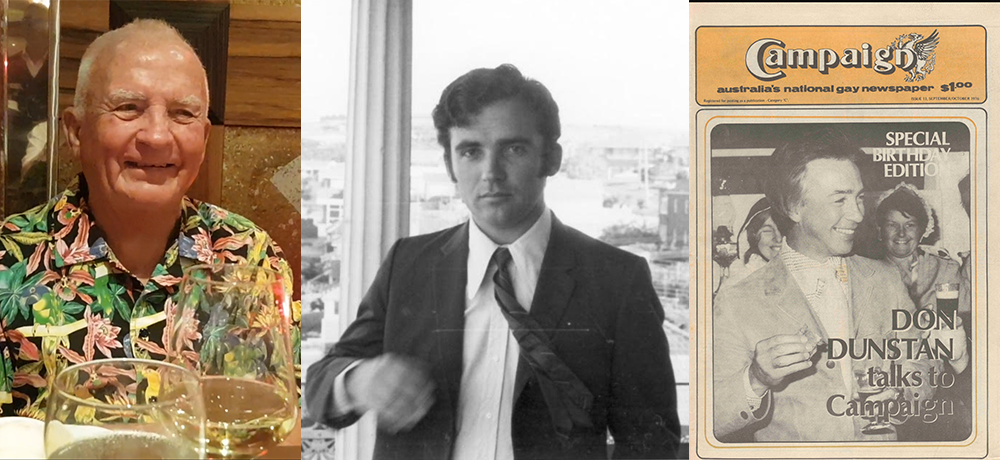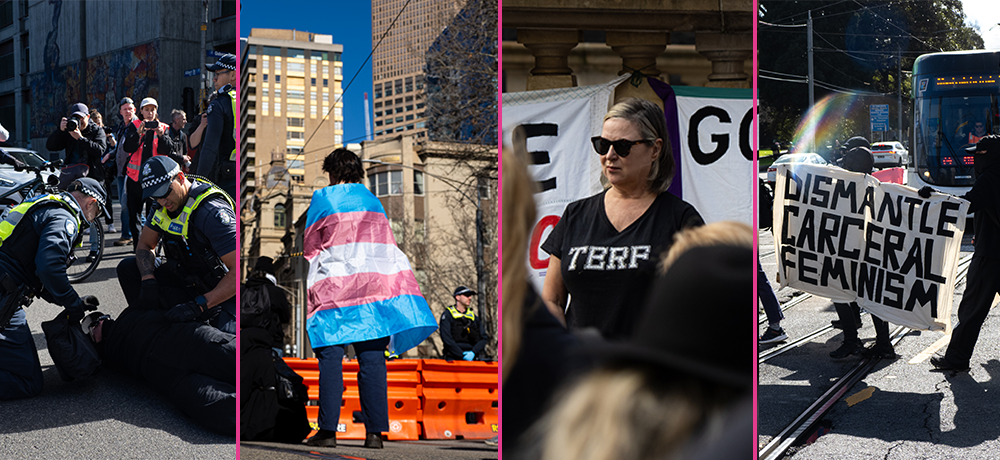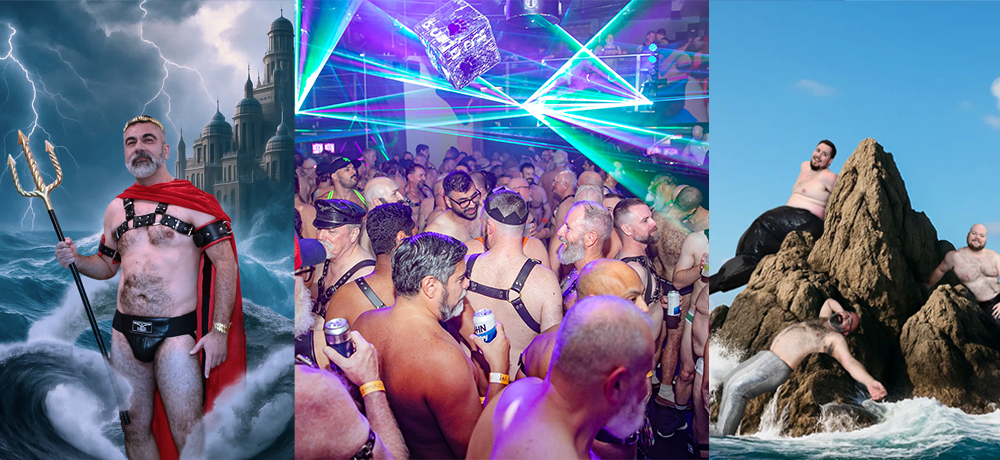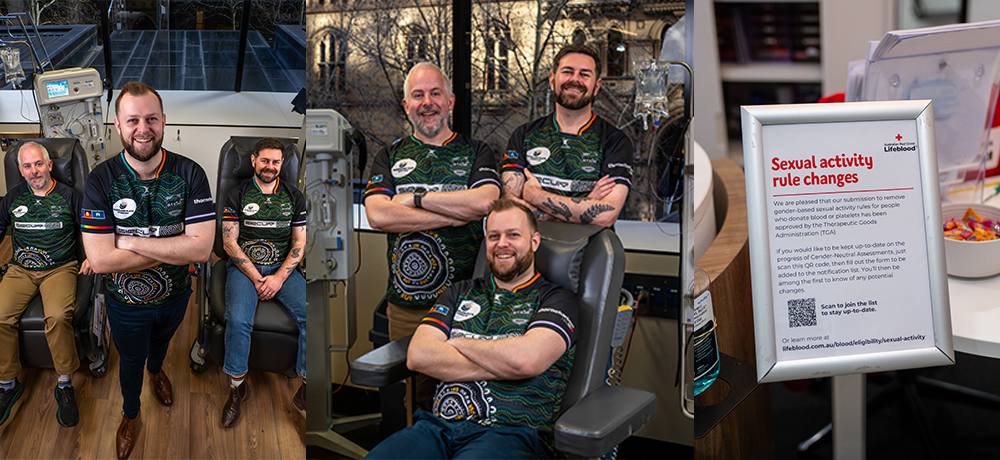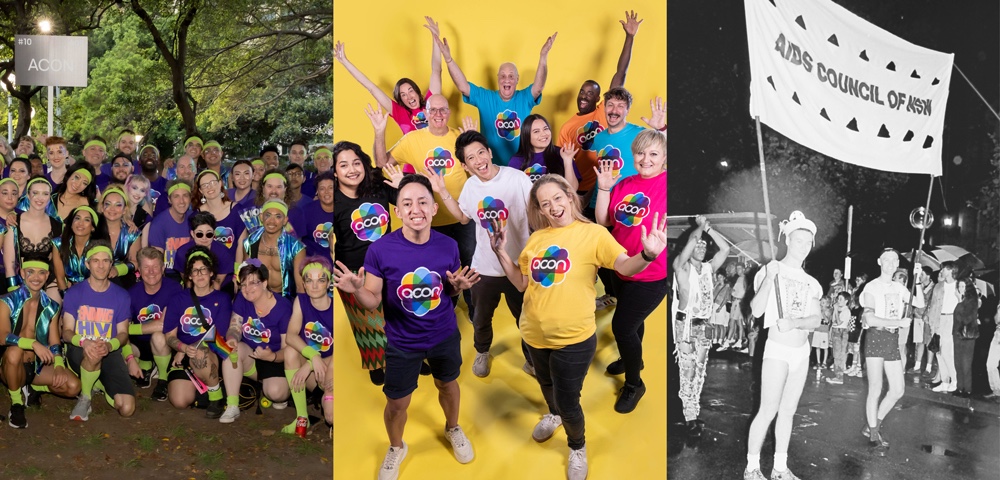
‘I didn’t have a gay, Aboriginal role model and that’s what I needed most’
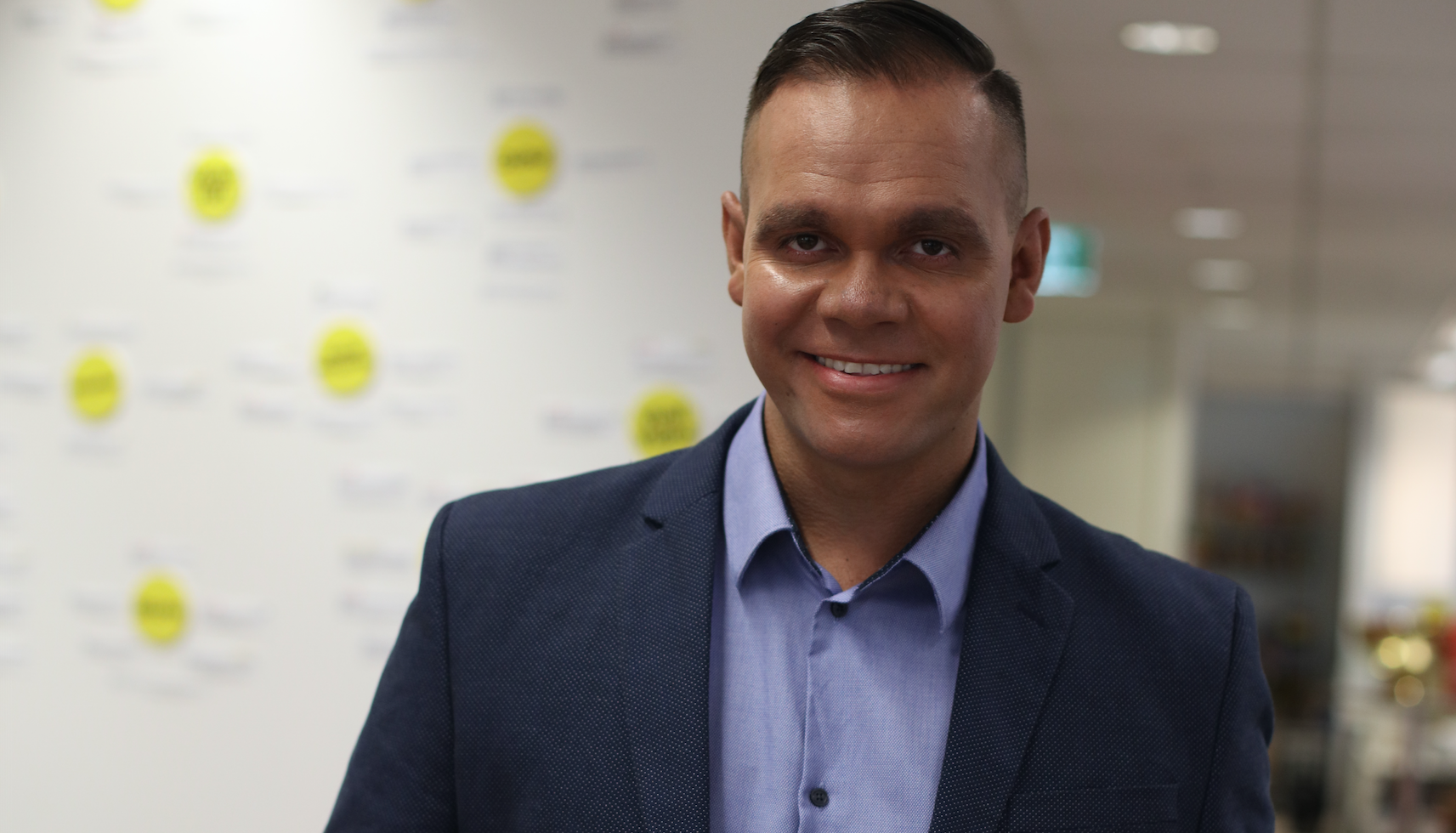
ALLAN Clarke, Buzzfeed’s Walkley-nominated Indigenous Affairs reporter, grew up in the small town of Bourke, about 750 kilometres north-west of Sydney.
When he realised he was gay, he was terrified.
“Growing up in a small town, in a big Aboriginal community, being gay is considered taboo,” he says.
“So I grew up thinking it was abnormal to feel attracted to someone of the same sex and I tried to repress it for a very long time.”
His fear of revealing his sexuality to his family stemmed from the potential risk of alienating himself from his mob.
“It was very hard for me because for all of my teenage years I was worried I was going to lose my family, because for Aboriginal people family is an enormous part of your life. It’s part of your spirituality as well” he remembers.
“So the idea that you would lose your family or community was inconceivable to me and couldn’t imagine a life without that.
“I would rather repress or try and suppress those feelings and be miserable rather than lose my community.”
When he was 17, Clarke moved to Sydney to study communications and it was there he began meeting other gay Aboriginal men through his sister, with whom he would attend gay bars.
“I met a lot of other older, gay Aboriginal people who had been through that. That was the first time I had spoken with older people who were openly gay and Aboriginal,” he explains.
“They signalled to me it’s ok, you should be yourself, your family should accept you.
“That really gave me the impetus to speak with my mum and come out to my mum.”
It was actually after Clarke’s mother came to Sydney to visit her children and found out he had been going to gay bars, that she asked him about his sexuality and he confessed he was gay.
“At first I was a bit confronted and then I had a moment where I let it go and said ‘yes I’m gay’,” he says.
“She was perfectly fine. All of those years thinking it would be this horrific moment, it would all go wrong for me and I would lose everyone turned out to be unfounded.
“My mum was really accepting and she said she loved me no matter what.”
Clarke, 33, admits while he has not experienced homophobia from his family or community, it can be a problem in other Aboriginal communities and is an issue that needs to be addressed.
“As I’ve gotten older I think it’s important to call out the homophobia that does exist in Aboriginal communities,” he says.
“I think that’s very dangerous for young Aboriginal people growing up, that somehow it’s not a normal part of culture because it is.
“We need to face it head on, because everyone’s not as fortunate as me; I know a lot of Aboriginal people who move to the city, just so they can be themselves then they self-medicated, fell into drugs and alcohol and in some cases suicide.”
Growing up, Clarke didn’t know an openly gay person and felt there was no one else like him in his hometown of 3000 people.
He urges young people who might feel isolated like he did as kid to know they are not alone and to know there are people out there living their life who don’t have to hide their sexuality.
“I would have loved someone to tell me that,” he says.
“I knew there was gay people on TV, but they were white men. They didn’t look like me, I was a brown kid in the middle of the bush.
“I didn’t have a gay, Aboriginal male role model at all and that’s probably what I needed the most.”
The Muruwuri and Gomeroi man is reluctant to take on the title of role model himself but will proudly advocate for his community.
“The idea of a role model is awkward, because then you have to not make mistakes and I make a lot of mistakes,” he explains.
“What I’m happy to be is an advocate, I’m happy to call out the things we don’t like to call out as a community.
“So, the homophobia that does exist, the way some of our young Aboriginal and Torres Strait Islander gay and lesbian and trans community are sometimes ostracised and isolated. They’re a minority, within a minority, with no one to speak up for them.
“I think through my journalism, I want to be that advocate for them and hopefully get out the message there are (LGBTI) people out there.
“I’ve been lucky in my job… I’ve met LGBTI Indigenous people and share their stories, give them a voice, put it out there.
“And in doing that I hope someone sitting in a small town or city or struggling with their sexuality sees the diversity of our community.”





